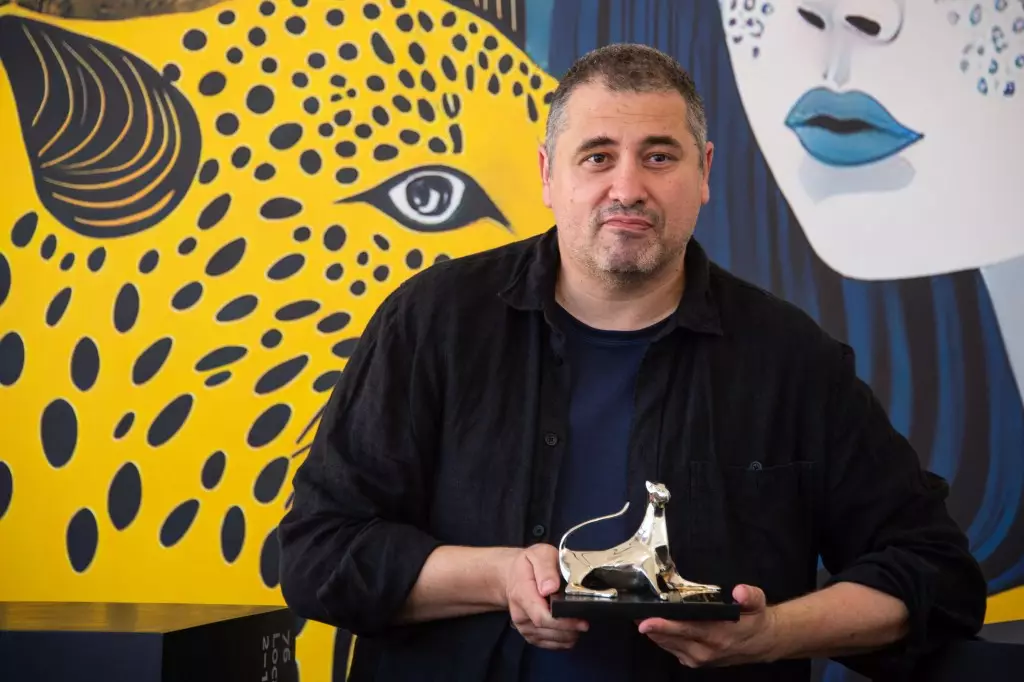Filmmaker Radu Jude, known for his successful international exports, recently criticized the head of the Romanian Film Centre, Anca Mitran. Jude highlighted the challenges faced by filmmakers in securing financing for experimental or unconventional projects. According to Jude, the Romanian Film Centre scrutinizes finished films against the original screenplay submitted by filmmakers. Any deviations from the script prompt demands for a refund, creating a barrier for filmmakers to express their creative visions.
Jude’s Experience at Locarno Film Festival
Jude, who previously won the Special Jury Prize at the Locarno Film Festival, returned this year with two new films in competition. “Eight Postcards From Utopia,” an experimental found-footage documentary, and “Sleep #2,” a meditative tribute to Andy Warhol, showcase Jude’s diverse range as a filmmaker. During a masterclass session at the festival, Jude revealed his upcoming project, a Dracula feature. He expressed his desire to reclaim the Dracula narrative from Hollywood and offer a fresh perspective from a Romanian filmmaker.
Apart from his Dracula feature, Jude hinted at multiple ongoing projects in various stages of development and financing. From independent features to collaborations with international producers, Jude remains active in expanding his creative portfolio. His openness to new opportunities reflects his willingness to explore diverse storytelling avenues and push the boundaries of cinematic expression.
“Eight Postcards From Utopia” Exploration
Jude’s film, “Eight Postcards From Utopia,” delves into the remnants of post-socialist Romanian advertisements to explore complex themes of love, death, body image, and societal transitions. By dissecting the utopian imagery presented in these advertisements, the film offers a critical lens on Romania’s shifting cultural landscape. Through a montage of short chapters, Jude navigates the juxtaposition between the fictionalized ideals of advertising and the harsh realities of post-socialist society.
Behind the scenes of “Eight Postcards From Utopia,” Jude collaborates with a dedicated team of professionals. With editing by Cătălin Cristuțiu, sound design by Ștefan Ruxandra, and a sound mix by Alexandru Dumitru, the film benefits from a cohesive and immersive auditory experience. Produced by Alexandru Teodorescu and supported by Heretic for world sales, the film embodies a collective effort to bring Jude’s vision to life on the big screen.
As the Locarno Film Festival unfolds, Jude’s presence and bold statements serve as a reminder of the challenges faced by filmmakers in navigating institutional roadblocks. The Romanian Film Centre’s rigid approach to film financing presents a hurdle for artists seeking to push boundaries and experiment with unconventional storytelling. Despite these obstacles, filmmakers like Radu Jude continue to defy expectations and carve out new paths in the realm of independent cinema.

